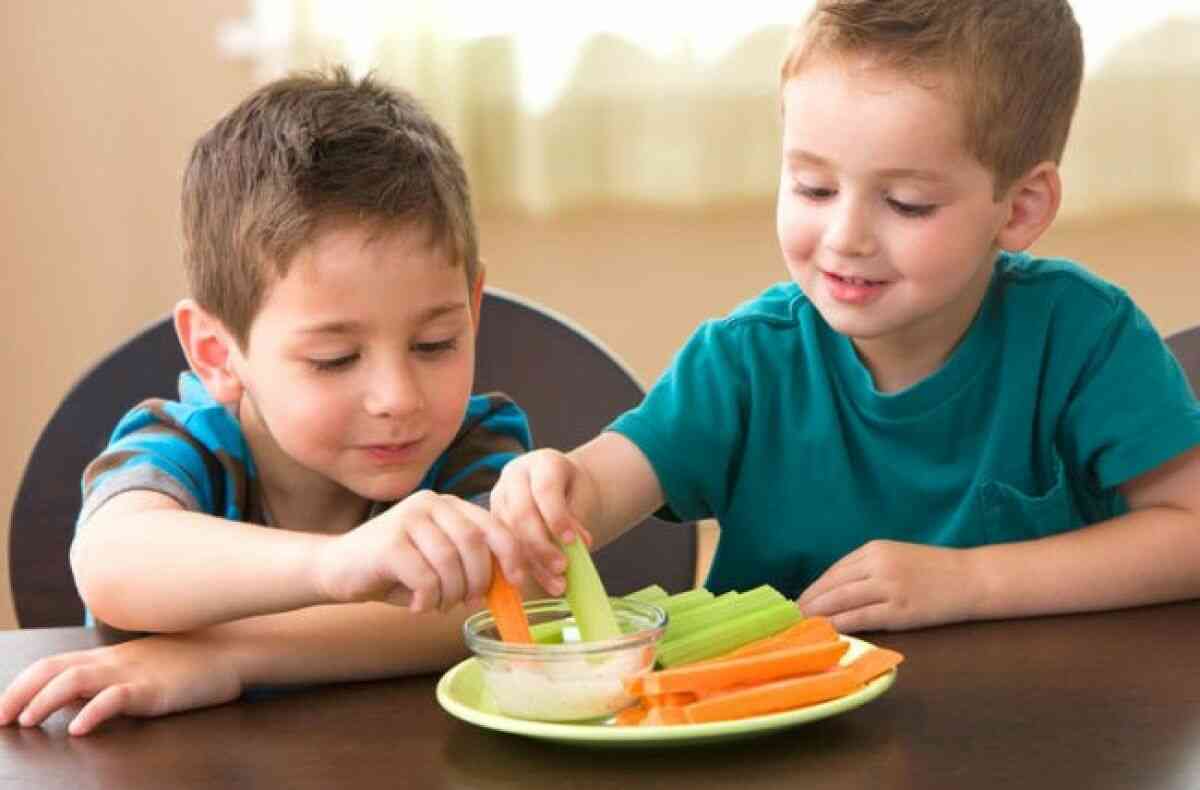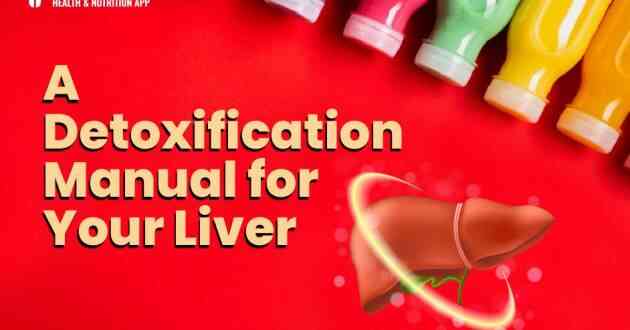7 Foods And Drinks For Healthy Teeth In Children
- - Category: Dental Care
- - 18 Jan, 2022
- - Views: 642
- Save

Healthy Teeth in Children
Did you know that one out of every five kids between the ages of five and eleven has untreated cavities? At least one teenager between the ages of 12 and 19 has an untreated cavity. It's important to emphasize the importance of excellent dental hygiene. As you get older, minor oral health issues might escalate to more serious disorders.
While teaching your children excellent oral care and visiting a pediatric dentist regularly is important, you shouldn't stop there. A balanced diet can help you keep your child's teeth strong and healthy. In this article, we have gathered seven foods and drinks for healthy teeth in children.
1. Cheese
The calcium content of cheese makes it popular. Calcium helps in the formation and strengthening of your children's teeth and bones. You should also know that cheese is made from fermented milk and is rich in probiotic microorganisms when properly prepared. This bacteria may be found in your child's oral microbiome and promotes tooth strengthening.
2. Broccoli
Broccoli is famous for its health benefits, but it can also help strengthen your child's teeth. Eating green vegetables is usually a good idea. Broccoli is high in vitamins K1, C, chromium, and folate, among other minerals. Raw broccoli also contains a lot of dietary fiber, which helps probiotic bacteria thrive in the mouth. Raw broccoli is preferable to cooked broccoli since boiling broccoli can cause it to lose its nutritional value. Raw broccoli is beneficial to your child's dental health by strengthening their teeth and jaws.
3. Tea
Tea has a significant amount of polyphenol that contributes to the reduction of microorganisms that cause cavities and gum disease. Plaque on your teeth can be reduced by drinking black tea. Tea stops germs from clustering together and causing oral issues. Additionally, tea (especially black tea) contains chemicals that can help prevent bad breath.
4. Eggs
The tastiest eggs you can offer your children are from pasture-raised chickens. These eggs include a lot of vitamin K2, which can help your child's teeth grow stronger. Eggs are an excellent source of vitamins B5, B12, and folate, as well as fat-soluble vitamins A, D, and K2. In addition to calcium, zinc, and selenium, eggs include additional minerals and antioxidants. Eggs are the most adaptable and nutrient-dense food you can serve your children. Regardless of how you prepare eggs, your child will receive the benefits.
5. Carrots
Raw carrots have a high fiber content, which encourages the growth of good bacteria in the mouth that help improve the condition of your child's teeth. Carrots are high in magnesium, zinc, and beta-carotene, as well as other minerals and antioxidants. Raw carrots have a texture that might help your child's dental hygiene. Chewing on rough and fibrous meals is beneficial for children's dental health.
6. Butter
Butter is high in fat-soluble vitamins such as vitamin A, D, and K2. It has a significant fat content as well. Sugar is one of the leading causes of tooth decay, thus butter is a suitable substitute for sugary meals. If your child is intolerant to cheese that contains necessary casein, butter can be used as a replacement. However, butter has a lower casein content than cheese. At the same time, butter adds flavor to your dish while keeping your children happy.
7. Apples
Apples have a fibrous texture that is beneficial to the dental health of children. Apples can benefit your child's gums by stimulating them. Apples are also rich in vitamin C, which helps keep their gums healthy. Your child's teeth are more susceptible to infection and bleeding if they don't get enough vitamin C. Apples are high in potassium, which helps boost bone mineral density.



